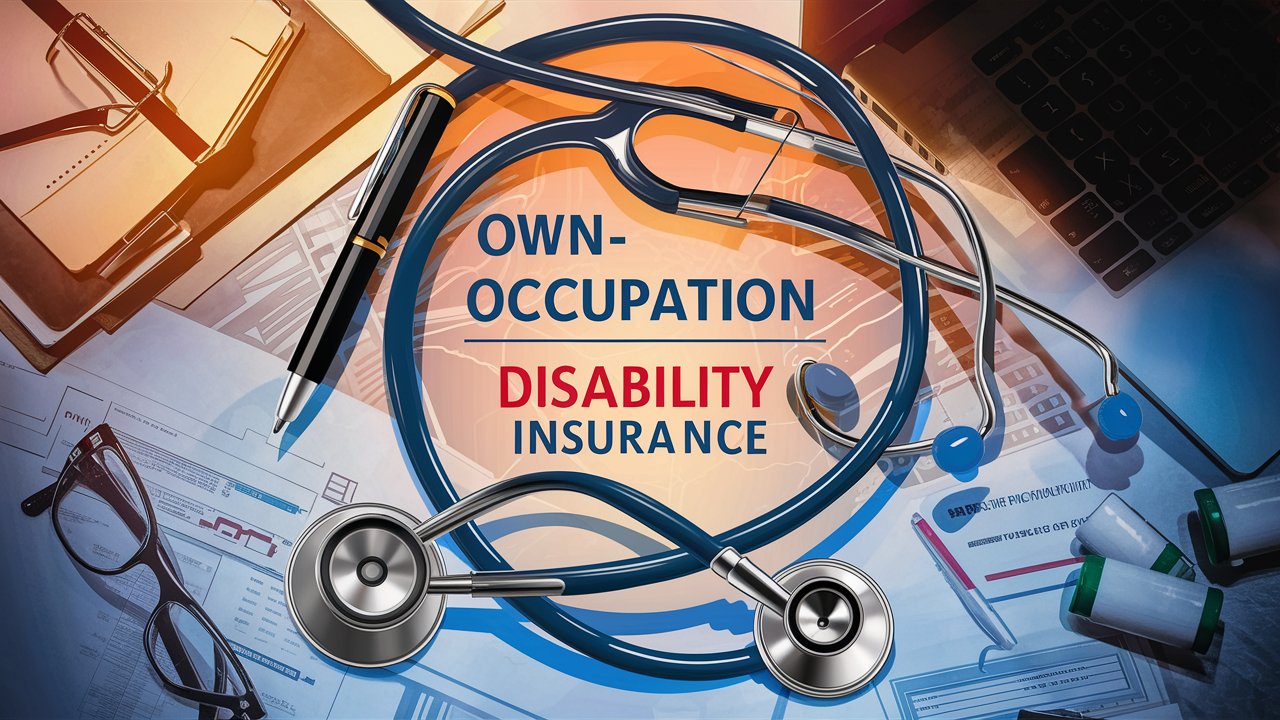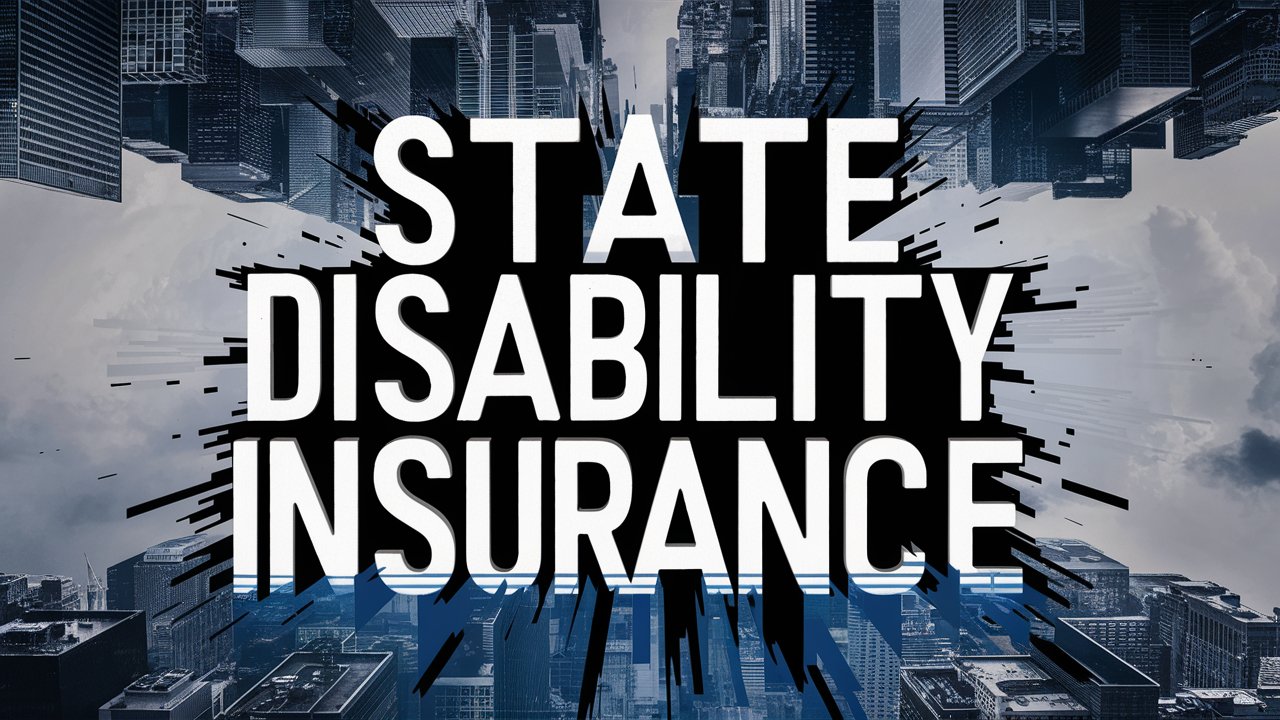Any-Occupation Disability Insurance is a crucial safety net that ensures financial stability if you’re unable to perform any job due to disability. Unlike Own-Occupation policies, which focus on your specific profession, Any-Occupation coverage provides broader protection, covering you across various fields.
Introduction
Disability insurance is an essential safeguard that provides financial security when an individual cannot work due to illness or injury. Among the various types of disability insurance available, Any-Occupation Disability Insurance is a prominent choice. This policy offers protection by providing benefits if you are unable to perform any occupation for which you are reasonably suited by education, training, or experience. Understanding the nuances of it can help you make an informed decision about whether it’s the right fit for your needs. This comprehensive guide will delve into what Any-Occupation Disability Insurance is, how it works, its advantages, and considerations for choosing the right policy.
What is Any-Occupation Disability Insurance?
It is a type of long-term disability insurance that provides financial benefits if you become unable to work in any occupation, not just your current job or profession. This means that if you are unable to perform the duties of any job for which you are qualified based on your skills and experience, you may be eligible for benefits.
Unlike Own-Occupation Disability Insurance, which covers you if you cannot work in your specific profession, Any-Occupation Disability Insurance has a broader definition of disability. It typically requires you to demonstrate that you cannot perform any job for which you are reasonably qualified. This broader definition often results in lower premiums but may also come with more stringent requirements for qualifying for benefits.
How Does Any-Occupation Disability Insurance Work?
Eligibility Criteria
To qualify for benefits under an Any-Occupation Disability Insurance policy, you generally need to meet several criteria
- Proof of Disability
You must provide medical evidence showing that you are unable to perform the essential duties of any occupation for which you are reasonably qualified.

- Definition of Disability
Your policy will define what constitutes a disability. Most policies require that the disability must be total and permanent or long-term in nature.
- Occupation Test
The policy will often use an “any occupation” standard, meaning that if you can perform any job for which you are qualified by education, training, or experience, benefits may not be available.
Benefit Amount and Duration
The benefit amount is usually a percentage of your pre-disability income, often between 50% to 70%. Benefits are typically paid monthly and can continue until you reach retirement age or until you are able to return to work, depending on the policy terms.
Exclusions and Limitations
Policies may have specific exclusions and limitations, including
- Pre-Existing Conditions
Conditions that existed before purchasing the policy may not be covered.
- Mental Health Conditions
Some policies have limitations on benefits for mental health conditions.
- Self-Inflicted Injuries
Injuries or disabilities resulting from self-harm may be excluded.
Advantages of Any-Occupation Disability Insurance
1. Lower Premiums
One of the main advantages of Any-Occupation Disability Insurance is the typically lower premiums compared to Own-Occupation policies. Since the policy requires a broader definition of disability, the risk for the insurer is lower, leading to reduced costs for coverage.
2. Comprehensive Protection
This type of insurance provides comprehensive protection by covering disabilities that prevent you from performing any occupation, not just your current job. This can be particularly beneficial if you have a broad skill set or multiple career options.
3. Financial Security
By providing a safety net if you are unable to work in any capacity, Any-Occupation Disability Insurance ensures that you have financial support during a period of incapacity. This financial stability can help cover living expenses and maintain your standard of living.
Considerations When Choosing Any-Occupation Disability Insurance
1. Assessing Your Needs
When evaluating it, consider your career, income level, and financial obligations. Assess whether you need broader coverage or if a more specific policy would be sufficient.
2. Reviewing Policy Terms
Carefully review the terms and conditions of any policy you are considering. Pay attention to the definition of disability, exclusions, and benefit duration. Ensure that the policy aligns with your needs and expectations.
3. Comparing Policies
Different insurance providers offer various policies with distinct features. Compare policies from multiple insurers to find one that offers the best coverage for your situation at a competitive premium.
4. Consulting with a Professional
Consulting with a financial advisor or insurance specialist can provide valuable insights and help you navigate the complexities of disability insurance. They can assist in determining the most suitable policy for your needs and ensuring that you have adequate coverage.
Common Questions About Any-Occupation Disability Insurance
1. How does Any-Occupation Disability Insurance differ from Own-Occupation Disability Insurance?
Own-Occupation Disability Insurance covers you if you cannot work in your specific profession, while Any-Occupation Disability Insurance covers you if you are unable to perform any occupation for which you are reasonably qualified.
2. Can I still work part-time and receive benefits?
This depends on your policy terms. Some policies may allow partial work and still provide benefits, while others may require that you are completely unable to work.
3. What if I become disabled but can still perform a different job?
Under it, you must demonstrate that you are unable to perform any job for which you are qualified. If you can perform a different job, benefits may not be available.
4. Are there any tax implications for disability benefits?
In many cases, disability benefits are considered taxable income if your premiums were paid with pre-tax dollars. However, if you paid premiums with after-tax dollars, benefits may be tax-free. Consult a tax advisor for specific guidance.
Conclusion
Any-Occupation Disability Insurance is a valuable form of financial protection that ensures you receive benefits if you are unable to work in any occupation due to a disability. While it typically comes with lower premiums compared to Own-Occupation policies, it requires a broader definition of disability, which can impact eligibility for benefits. Understanding the intricacies of it, including its advantages, considerations, and common questions, will help you make an informed decision about your insurance needs. By carefully evaluating your options and consulting with professionals, you can select a policy that provides the security and peace of mind you need in the face of unexpected challenges.
For more details please visit our home page: Click Here

